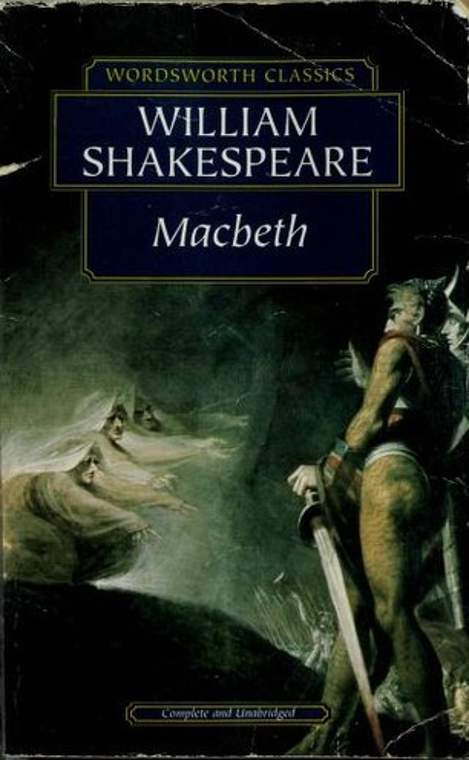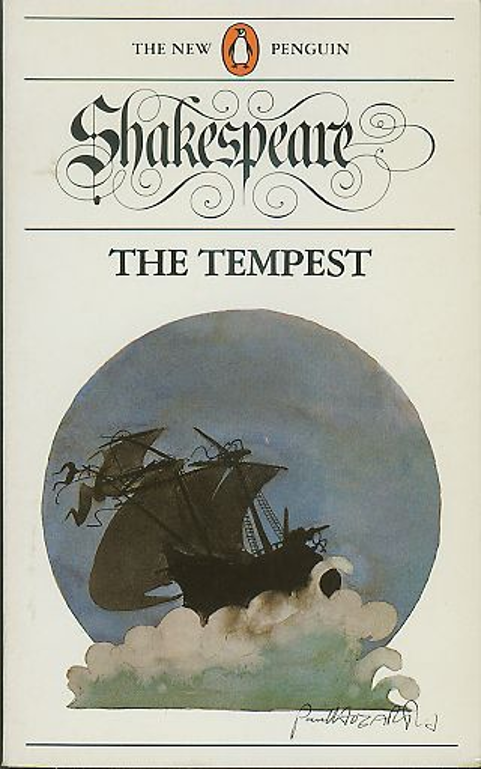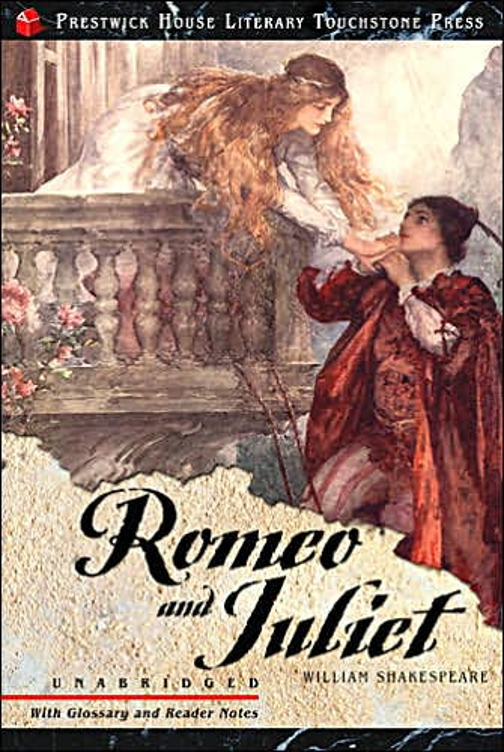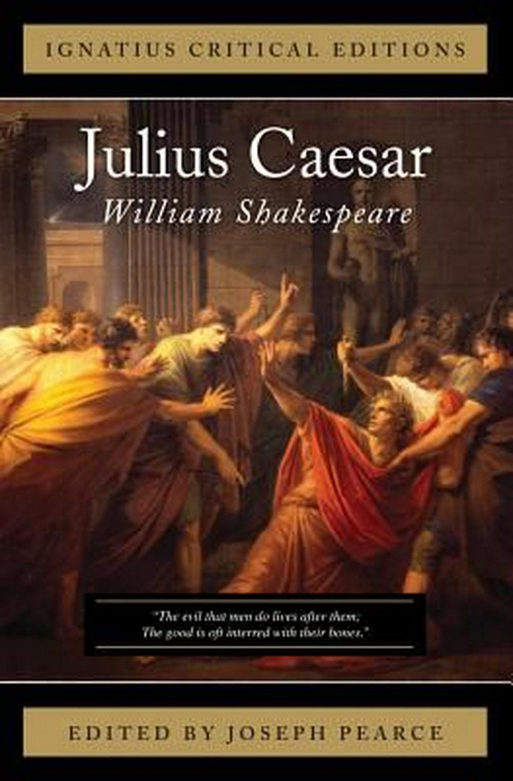GCSE Reading

The Tempest by William Shakespeare
Macbeth is a tragedy
first published by English poet and playwright William Shakespeare in the Folio
of 1623. Being Shakespeare’s shortest tragedy, it is about the glory and misfortune
of a courageous Scottish general named Macbeth. Driven by ambition, his wife’s
support and a prophecy, Macbeth decided to take King Duncan’s life and throne.
But, alas, the new King of Scotland was granted with nothing but guilt,
paranoia and enmity. He sank to the depths of becoming a tyrannical ruler,
until the consequent civil war led to the downfall of Macbeth and his dearest
queen.
It is said that
the women in Shakespeare’s stories are complete characters who influence the
plot and possess no less emotions, intelligence, development or even tragedy
than any man. To what extent is this true for Lady Macbeth, and how responsible
is she for the fate of her beloved husband?
Lady Macbeth
seemed to regard her gender as an impediment to their murder plan. Why does she
believe so? How is the relationship between gender and power portrayed in this
play?
The Macbeths'
marriage appeared to be uncommon when compared to couples of their time or
Shakespeare’s other plays. In which ways do they differ, and what could have
caused such a dissimilarity?
How did the
themes of moral legitimacy, deception and consequences of wrongdoings present
themselves in this play? Many argue that Macbeth was not a tyrant all his life,
but rather a good man who made bad choices - would you agree? How does this
help in painting the vivid image of a tragic character, and how does it
correlate to the themes aforementioned?

The Tempest by William Shakespeare
The Tempest was believed to
have been written between 1610 and 1661 by the famous poet and playwright
William Shakespeare. This play deals with both comical as well as tragic themes
as it unveils the story encompassing magic, love, forgiveness and
betrayal.
The story
started off with sorcerer Prospero and his daughter Miranda wrecking a ship
carrying Alonso King of Naples and his team. How does the setting of the story
reflect Renaissance thinking about nature’s elements and its correlation to
mankind?
Prospero’s urge
for revenge could have easily led to tragedy. When compared to Shakespeare’s
other tragedy Hamlet, which elements of revenge are shared or not shared
between Prospero and Hamlet? How does this lead to their drastically different
fates? In The Tempest, how did Shakespeare further neutralise Prospero’s
revenge by romance?
As the story
progresses, how does Miranda and Prospero’s character develop? How would
you describe the relationship and element of dependence between them, and how
does this change over the course of time and events?
Caliban is
actually known to be an anagram for the English spelling for the word
‘cannibal’. What is the significance of his name? How does that further justify
the difference in the way Prospero interacted with him and Ariel even though he
‘rules’ both of them?
Prospero was
supposed to represent, to an extent, Shakespeare as a creator of art. What does
Prospero’s character reflect about Shakespeare’s desires, and what does the
release of his magic at the end signify?

Much Ado About Nothing by William Shakespeare
William
Shakespeare’s famed comedy Much Ado About Nothing started with the
return of the Prince of Aragon, Don Pedro from a victorious battle together
with his friends Claudio and Benedick. Driven mostly by hearsay and
eavesdropping, the story unravels itself and sails on in a sea of love,
deception, honour and misunderstanding.
‘Noting’, which
sounds similar to ‘nothing’, refers to rumours, gossip and overhearing. How was
‘noting’ used by the characters in the story to manipulate others, and what was
the effect of this on the plot? What are some of the ways you can interpret the
title Much Ado About Nothing with and without referencing the term
‘noting’?
As the story
progressed, Benedick paired up with Beatrice, and upon learning that Beatrice
was not fond of it, Benedick shaved his beard without regret. What do beards
mean to people of that time? What do you think such an act symbolised in an
Elizabethan relationship?
On the other
hand, at his own wedding, Claudio rejected Hero because he erroneously believed
her unfaithful. What did Claudio mean when he asked Hero ‘to make you answer
truly to your name’? Why did he say that?
In the end, it
was the villian Borachio who cleared Hero’s name instead of any of the heroes
such as Claudio or even Don Pedro. What is the significance of this incident
and what does it tell us about the priorities of these men? What does this
further reveal about the difference in male and female honour perceived by
society in Elizabethan era?
In literature,
a ‘foil’ refers to a character who contrasts with another character as an
effort to emphasise certain traits of the latter. In this story, how does Hero
serve as a foil to Beatrice, and Benedick to Claudio?
Throughout the
story, what sort of relationship was exhibited between perception and reality?
Which one was more important to the characters, and how does that correlate to
the progression of the plot?

Romeo and Juliet by William Shakespeare
Romeo and
Juliet remains to this day one of the most well-known and praised works of
Shakespeare. This story revolves around the tragic romance of star-crossed
lovers Romeo and Juliet, whose feuding families never reconciliated until their
double suicide.
As the story
started, the readers were introduced to Juliet merely through the words of
other characters as they arranged for her marriage as though she were absent.
When the nurse came looking for Romeo later, she was teased for that as well.
What does this reflect about the roles of young women in Elizabethan society?
How does this help to establish the societal background of that time and the
relationship between people of different social classes?
After Romeo and
Juliet fell in love, Juliet once urged Romeo to ‘deny thy father and refuse thy
name’. Why do you think she wishes so? What is the significance of their
surnames and Juliet’s yearnings, and what do they symbolise?
Later, a fight
broke out between Montague and Capulet when Romeo attended the Capulets’ party.
Why was this event important for the plot? Who did Mercutio blame for his
death, and what effect did his accusations have on Romeo, Juliet as well as the
readers?
When Romeo was
banished, how did the young couple’s farewell foreshadow the end of their lives
and relationship? Nearing the end, the prince said ‘the sun for sorrow will not
show his head’. What is the significance of this line and what does it
symbolise?
Approximately
thirteen years later, Shakespeare completed Antony
and Cleopatra, another passionate
story that ended with a double suicide. How do these two stories relate to each
other, and in what aspects do they differ? How does that give us an idea on how
Shakespeare had changed as a writer over those years?

The Merchant of Venice by William Shakespeare
The Merchant of
Venice is a late 16th-century comedy written by William Shakespeare. This play,
with light-hearted romance and comedy as its backdrop, managed to provoke
debates on gender, class, wealth and Jewish history in Europe.
The story
kicked start with a merchant called Antonio borrowing money from a Jewish
moneylender, Shylock in order to help Bassanio. How would you describe Antonio
and Bassanio’s relationship, and what do their roles in this relationship tell
us about their personalities and beliefs?
What does
Shylock’s famous ‘hath not a Jew’ speech later on expose to readers about
prejudice and human nature? Was Shylock indeed blindly prejudiced as a Jew?
Why? How does the book use Shylock and Antonio to warn readers that prejudice
is a cycle of self-destruction?
Throughout the
story, how did the three women, namely Portia, Jessica and Nerissa defy
traditional gender roles? It’s also worth noting that all three of them chose
to accomplish different goals through the same method of disguising themselves
as men. Is this pure coincidence? Would they have been able to achieve their
goals had they refrained from disguising themselves as men? What does this say
about the constraints and inequality the female gender was shrouded in at the
time?
At the scene of
the trial, how does Shakespeare bring out the conflict between justice and
mercy? After the trial, what does Bassanio and Gratiano’s act of parting with
their rings reveal about their feelings for their wives? How did Portia and
Nerissa use the ring game to empower themselves with the control they lacked
throughout the story?
As the story
ended, what elements led you to believe that comedy was restored in this play?
To what extent did you find this ending a happy one?

Julius Caesar by William Shakespeare
A combination
of history and tragedy, William Shakespeare’s play Julius Caesar was
based on true incidents in Roman history. It conveys to its readers the
struggles that Brutus experienced owing to the conflicting commands of honour,
loyalty, patriotism and friendship as he was persuaded by jealous conspirators
to assassinate his friend Julius Caesar.
What was the
dramatic effect of Caesar’s death? How did he remain powerful and influential
over the subsequent events as a public figure even after his downfall? Do you
think the conspirators truly achieved their goals by killing Caesar?
At Caesar’s
funeral, what was the significance of Antony’s oration and what message was he
sending to the crowd? What are some of the persuasive techniques you noticed in
his speech?
In their battle
with Antony, both Brutus and Cassius ended up committing suicide. How were
their deaths ultimately different in context? To what extent do you think their
deaths were the consequence of dismissing Caesar’s warnings?
Various
supernatural elements were inserted throughout the play. What do the different
responses to these phenomena reflect about the tug of war between fate and free
will? Was tragedy the consequence of the characters’ failure to interpret these
signs, or do these omens merely predict the inevitable?
In the last
act, Antony characterises Brutus as the ‘noblest Roman of them all’. What did
he see in Brutus’s personality and actions to justify that praise? On the other
hand, what were some of the good and bad qualities you noticed in Caesar and
his conspirators? Who was more of a pragmatist, and who appeared idealistic?
Who would have made the best leader?
Considering the
fact that Caesar died relatively early in the play and had much less lines
compared to Brutus, why do you think Shakespeare still named the play The
Tragedy of Julius Caesar instead of The Tragedy of Marcus Brutus?
Would you agree to that? Why?

